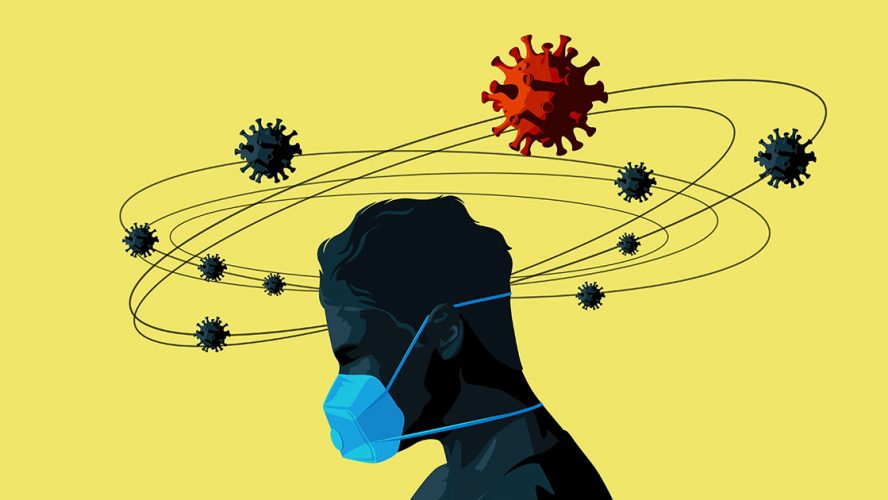
Darryl Mitteldorf, LCSW
Executive Director, Malecare.org
National prostate cancer support group networks transitioned from in-person to text and video-based meetings during the pandemic.
The new opportunities for people challenged by distance and time were positive. Thousands of men who previously had not considered attending support groups joined and benefited from online communities.
However, many hundreds of men who previously attended in-person groups do not own computers and have no interest or sufficient money for buying one. These men lost access to their real-life support group friends and cancer mentors.
Malecare’s mission
Malecare tries to address this problem by asking our support group leaders to telephone group members without computers. The feedback was entirely positive. The computer-shy men received concrete and life-saving information as well as human connections that they feared COVID-19 had taken away. Indeed, all of the men who were happy for this intervention were men who lived alone and were reluctant to ask family or friends for help. Most were also men of color.
Life-saving measures
The computer-savvy volunteers quickly learned to not make assumptions or judgments about their computer-challenged peers. They listened and helped find the online information that men with prostate cancer need to live longer and happier lives. The volunteers learn from each other what kind of online information is helpful for quality of life, longevity, financial safety, and pain-free death. The volunteers then search, print, and mail the information to their peers.
Most people who volunteer are confident that many men they help would not be alive today were it not for this unique intervention. Connecting men with computers with those without is an efficient and low-cost way to help those in our community, and it’s an easy way to make critical information available to all men with prostate cancer.

